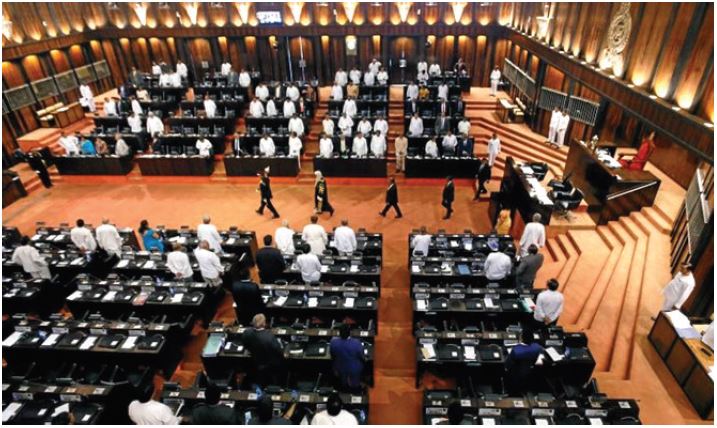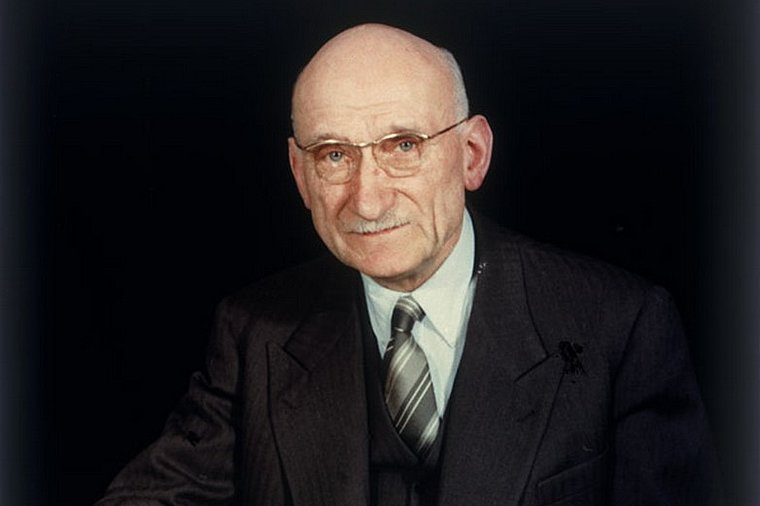In order that “bread and justice”, that is the material conditions of existence and the definition of what is due to each one, may be assured, favourable political and institutional conditions are needed. I start from an intense meditation that the prior of Bose, Luciano Manicardi, addressed last Saturday to a group of Alexandrians, on the theme “Spirituality and Politics”, underlining the importance that those who devote themselves to the service of the polis have a strong inner inspiration and are characterized by capacity for imagination (“resisting” the technocratic paradigm and total institutions), creativity (see reality and invent possible answers) and courage (move from intention to act, “act despite”). This reflection has generated a question for me: what are the inspiring sources, what is the culture of the political families today emerging and their leaders, in Italy and in Europe?
A first family seems to be connected to identity roots, sometimes even pre-Christian (Celtic or Central European), distrustful of everything that is different or foreign. In it, the resistance to homologation and the invitation to be oneself are certainly appreciable, even though often they risk degenerating into a selfish and closed declension.
A second family does not pose a problem of origins, but of here and now. A presentism therefore, facilitated by new technologies, which often appears as rejection of what has been and the history of a people. Appreciable in it is the egalitarian spirit, provided, of course, that it does not degenerate into support for indifferentiation and incompetence. For both these political families, the greatest attention should be paid to not degenerating, as should public attention to the possible authoritarian consequences of such possible degenerations.
What about the other political families? Without neglecting certain profiles of vitality that emerge in some countries, they are today less characterized and perceived as too flattened on the elites, oriented within themselves, in real or presumed “magic circles”. Yet they would have reasons to explain and defend, because it was precisely the elites, listening to the profound movements and sensitivities of the majority of citizens, who enabled Europe to make an extraordinary journey. It is not reasonable to think that a single institutional subject (at the moment, in Italy, the Head of State, whose moderation, balance and firmness we trust) can alone help the political families to prevent and avoid degenerations, and to facilitate greater communication between elites and public opinion. We must all do our part, remembering that a forward-looking policy and institutions respected together will be, or together will fall.
Translated by Philippe Ledouble with www.DeepL.com/Translator




Leave A Comment
You must be logged in to post a comment.